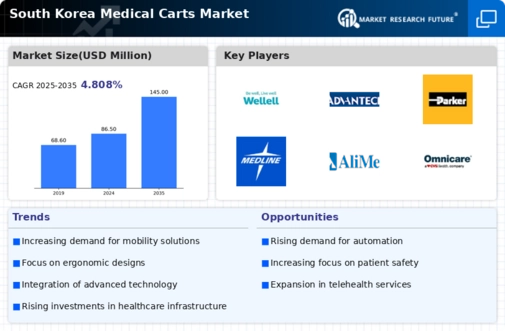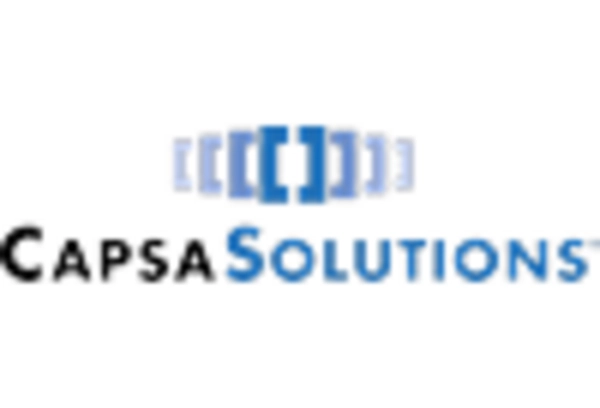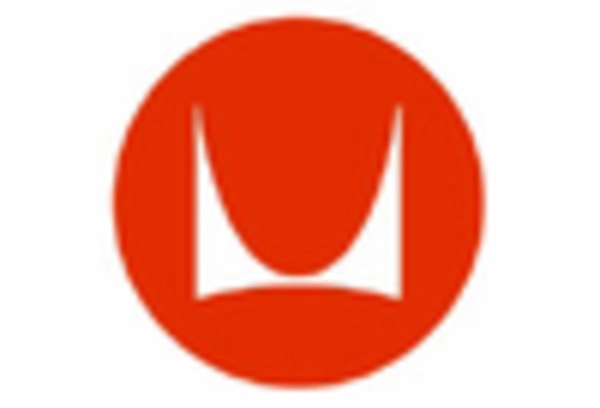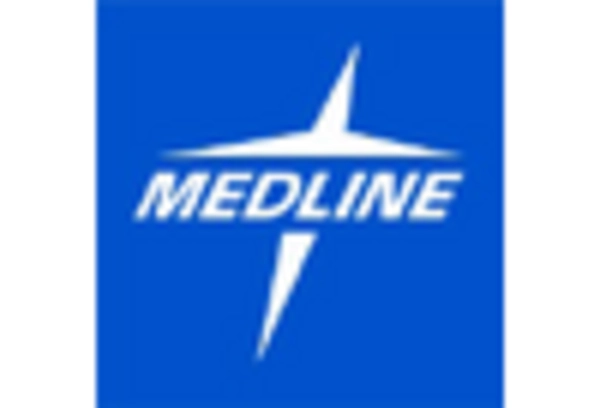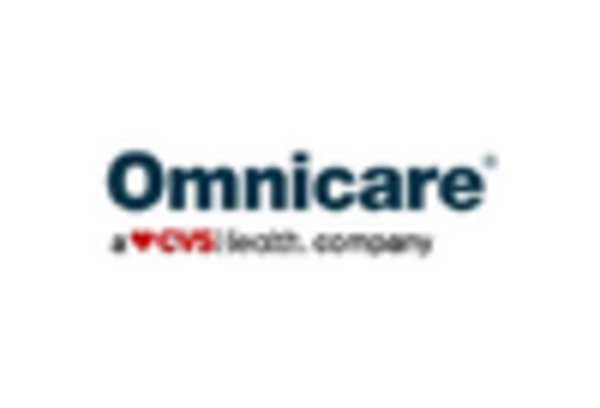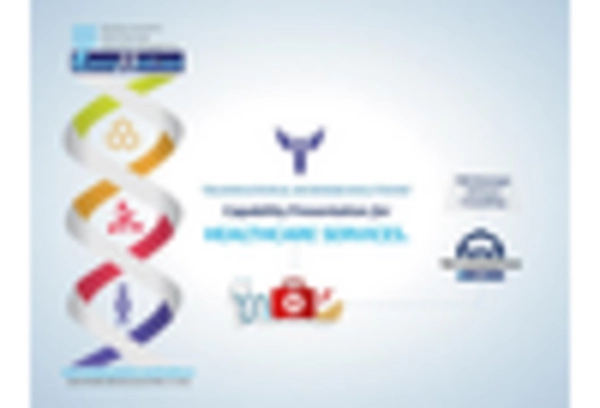Aging Population and Increased Healthcare Needs
The demographic shift towards an aging population in South Korea significantly impacts the medical carts market. As the elderly population grows, there is a corresponding increase in healthcare needs, necessitating the use of specialized medical carts. These carts are designed to accommodate various medical equipment and supplies, ensuring that healthcare providers can deliver timely and effective care. Statistics indicate that by 2030, nearly 20% of South Korea's population will be aged 65 and older, which suggests a sustained demand for medical carts. This demographic trend underscores the importance of investing in efficient medical carts to meet the evolving healthcare requirements of the aging population, thereby propelling the medical carts market forward.
Focus on Infection Control and Safety Standards
The emphasis on infection control and safety standards in healthcare settings is a significant driver for the medical carts market in South Korea. With the increasing awareness of hygiene and safety protocols, healthcare facilities are investing in medical carts that are designed with materials and features that promote cleanliness and reduce the risk of contamination. This trend is particularly relevant in the context of surgical and critical care environments, where the need for sterile equipment is paramount. Data indicates that the market for infection control products is expected to grow by approximately 6% annually, which may positively impact the medical carts market as hospitals prioritize safety and compliance with health regulations.
Technological Advancements in Medical Equipment
Technological advancements in medical equipment significantly influence the medical carts market in South Korea. Innovations such as integrated digital systems, telemedicine capabilities, and enhanced mobility features are becoming increasingly prevalent in medical carts. These advancements not only improve the functionality of the carts but also enhance the overall efficiency of healthcare delivery. The market for medical carts is expected to grow as healthcare providers seek to adopt these cutting-edge technologies. Reports suggest that the integration of smart technology in medical carts could lead to a market growth rate of around 8% annually. This trend indicates a strong potential for the medical carts market as it adapts to the evolving technological landscape.
Rising Demand for Efficient Healthcare Solutions
The medical carts market in South Korea experiences a notable surge in demand due to the increasing need for efficient healthcare solutions. As healthcare facilities strive to enhance patient care and streamline operations, the adoption of advanced medical carts becomes essential. These carts facilitate the organization and accessibility of medical supplies, thereby improving workflow efficiency. According to recent data, the healthcare sector in South Korea is projected to grow at a CAGR of approximately 7% over the next five years, which is likely to drive the medical carts market. The integration of technology into these carts, such as electronic health record systems, further supports this trend, indicating a robust growth trajectory for the medical carts market in the region.
Government Initiatives and Healthcare Investments
Government initiatives aimed at enhancing healthcare infrastructure in South Korea play a crucial role in driving the medical carts market. Recent policies focus on increasing healthcare spending and improving hospital facilities, which directly influences the demand for medical carts. The South Korean government has allocated substantial budgets for healthcare improvements, with an increase of approximately 10% in healthcare expenditure over the past year. This investment is likely to lead to the procurement of advanced medical carts, as hospitals seek to modernize their equipment and improve patient care. Consequently, the medical carts market stands to benefit from these governmental efforts, indicating a positive outlook for the industry.


